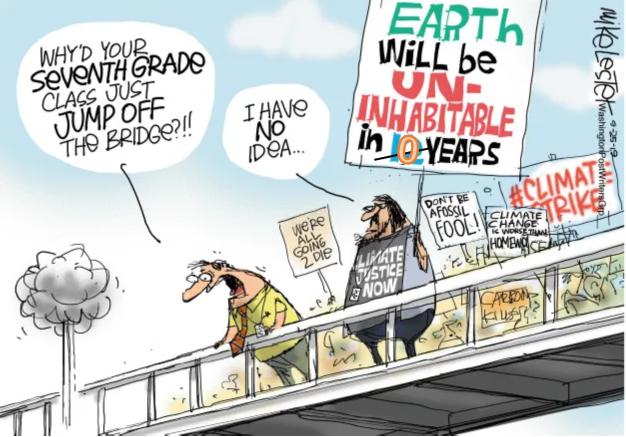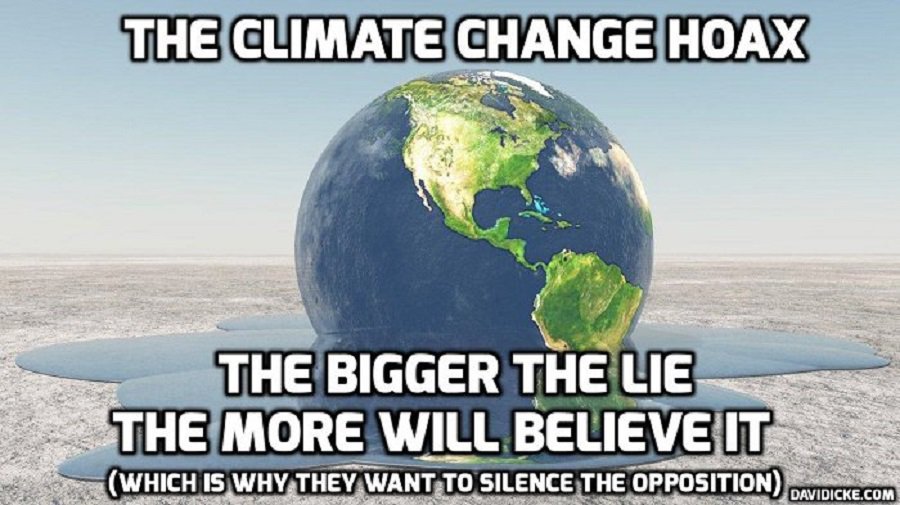Mad Math: Lies, Damn Lies & Temperature Distortions
Sign up today for Not The Public Broadcaster newsletters. Hot takes/ cool slants on sports and current affairs. Have the latest columns delivered to your mail box. Tell your friends to join, too. Always provocative, always independent.
The assault on Paul Pelosi, husband of U.S. House Speaker Nancy Pelosi, has created a Jussie Smollett Category Five Media Storm. The facts, as laid out by the San Francisco District Attorney, seem clear: a homeless drug addict nudist entered the Pelosi home, roused Paul Pelosi from his sleep at 2 AM, and, after a brief tussle, inflicted serious head injuries to him using a hammer.
Police arrived within two minutes of Pelosi’s 911 call and apprehended Canadian David DePape in the Pelosi’s swank Knob Hill home. DePape is now facing state and federal charges. Considering San Francisco’s homeless crisis, the story is sadly plausible.
And yet a substantial portion of the educated public doesn’t believe a word of it. An industry of fact checkers who’ve ridiculed the S.F. DA’s claim that it was a right-wing politically motivated attack. How did DePape get by Pelosi security team? How come his incriminating website was only launched the day before?
Who’s right? Who’s scoring points with the Midterm Elections just days away?
It doesn’t much matter anymore. The collapse in public trust over political stories is endemic. Coming after a tsunami of fake news stories— abetted by police— since the Donald Trump election in 2016 there are competing realities running side by side in North America. In Canada, the inquiry into Justin Trudeau’s imposition of the Emergency Measures Act illustrates the split. He says white supremacists. They say freedom fighters.
A public saying “Fool me once, shame on you. Fool me twice, shame on me” illustrates the tribal nature of belief in the age of social media.
In fact, the chasm of credibility has existed even longer in the Climate debate. With so much financially riding on correct data, newly minted King Charles III is inviting a rabble of green fanatics to Buckingham Palace for a pep talk before the latest global conference in Egypt. That is how embedded the Green narrative has become. Anyone challenging the King’s prophecies on “96 months to oblivion” is ruthlessly tracked down and made a non-person.
One such skeptic is Canadian researcher Ross McKittrick who has been producing material for years that should, in a normal context, stop— or at least slow— the engine of Green Prophecy. The University of Guelph professor continues to shoot holes in the Greta Thunberg Theories. Instead of being hailed as a hero or awarded the Order of Canada he is branded a lunatic by the cultists.
Among McKittrick’s “controversial” assertions as told to Science Matters: “People need to understand that for the 20th century as a whole there’s temperature data for less than 50 percent of the Earth’s surface. And a lot of stuff is just being filled in with assumptions or modeling work.”
“For the vast majority of the world there’s just no data at all, or there are short temperature records or fragments of temperature records over various intervals. Yet what we see are these temperature graphs going back to the 1860s that they call the observational record.”
“They create this picture that somehow in 1960 everyone in the U.S. knew how to measure temperature perfectly. So that’s the year we’re going to leave as it is, and prior to that everybody made the same mistake. Everybody was always overestimating temperature, so we’ve got to adjust those records downward. Then, ever since 1960, people haven’t known how to measure temperature so we have to raise those measurements.”
“I know the people who make the adjustments will say: Well, we’ve got to deal with time-of-observation bias, you know. But if these were the sort of standard measurement errors, you would expect a mix of positive and negative mistakes. Instead, …the adjustments account for all the warming.”
“Obviously, this whole warming trend in the U.S record is coming through the adjustments. So we have a right to a very detailed and skeptical review of these adjustments. The lack of constructive engagement on a question like that ignores that, at a certain point, the burden of proof here is on you guys, the record keepers. “
“I think the evidence is: It’s not a big deal. And there’ll be changes and things to adapt to, but they’re on a small scale compared to the normal course of events and things that we adapt to in life. And then you’ve got the alarmists who are you know, throwing cans of soup at paintings and gluing themselves to the sidewalk and having a complete emotional meltdown.”
“In the early days the International Panel for Climate Change was sort of on the alarmist camp over against the Skeptics, in the sense that they were the ones trying to pull everybody away from a viewpoint like the one I hold.”
“Now the alarm side has moved so far up the scale that I think the IPCC is having to face the fact they have to begin to pull everybody back in our direction… Take for instance, discussions around hurricanes. You’ll get everybody from President Biden on down to some local weather caster on the Channel 6 Nightly News confidently declaring that your tailpipe emissions caused hurricane Ian. And it’s your fault that all those homes are blown down.”
“And you’ve got the experts in places like NOAA and IPCC thinking: Oh we just put out a report that doesn’t say that; in fact says the opposite. We don’t want to draw that connection, and we can’t see a trend that would be consistent with that story.”
“Now they’ve got an even bigger problem with these crazy extremists saying all kinds of stuff that isn’t true and isn’t in their reports. What they should be doing is jumping up and saying to world leaders: Don’t listen to those guys, they’re nuts; we disavow that message. They’re not doing that, and at this point they’re not yet capable of doing that.”
But McKitrick sees a silver lining as the proof for Big Green is put to the test. “We’re going to get to 2030, and people will have seen the price that they paid for climate policy, they will have experienced the harm, experienced these winters that we’re in for. Europeans especially are in for the next couple of winters where they don’t have enough fossil energy sources to get through. And just the cost of living effects of climate policy and 2030 will come, and we won’t have experienced climate Armageddon.”
“And they won’t be able to turn around and say: Well yeah, but we avoided it because we cut emissions, because we didn’t cut emissions either. And so that’s where I would hope there’ll be a certain reckoning and maybe some of it will have happened up to that point.”
Can’t wait. Till then, don’t expect a big buy-in from elites trying to protect their vested interest. And don’t buy narratives from Democrats facing election extinction.
Bruce Dowbiggin @dowbboy is the editor of Not The Public Broadcaster (http://www.notthepublicbroadcaster.com). A two-time winner of the Gemini Award as Canada's top television sports broadcaster, he’s a regular contributor to Sirius XM Canada Talks Ch. 167. Inexact Science: The Six Most Compelling Draft YearsIn NHL History, , his new book with his son Evan, was voted the eighth best professional hockey book of by bookauthority.org . His 2004 book Money Players was voted seventh best, and is available via http://brucedowbigginbooks.ca/book-personalaccount.aspx





